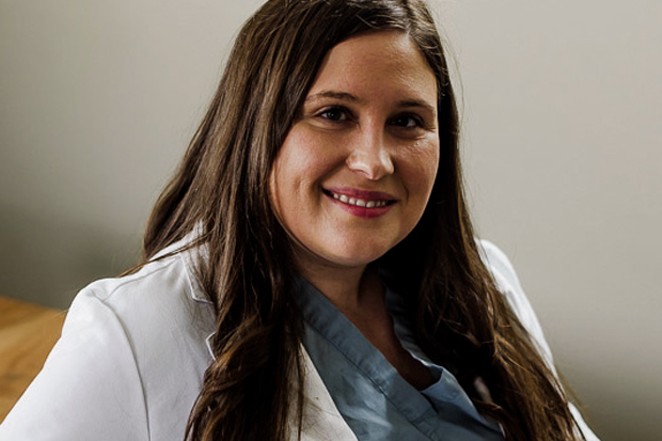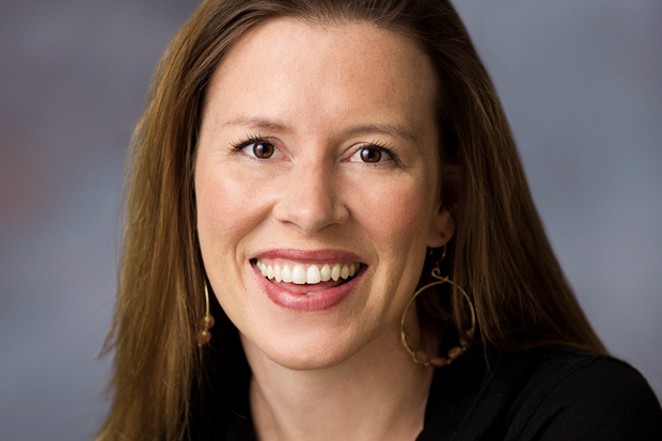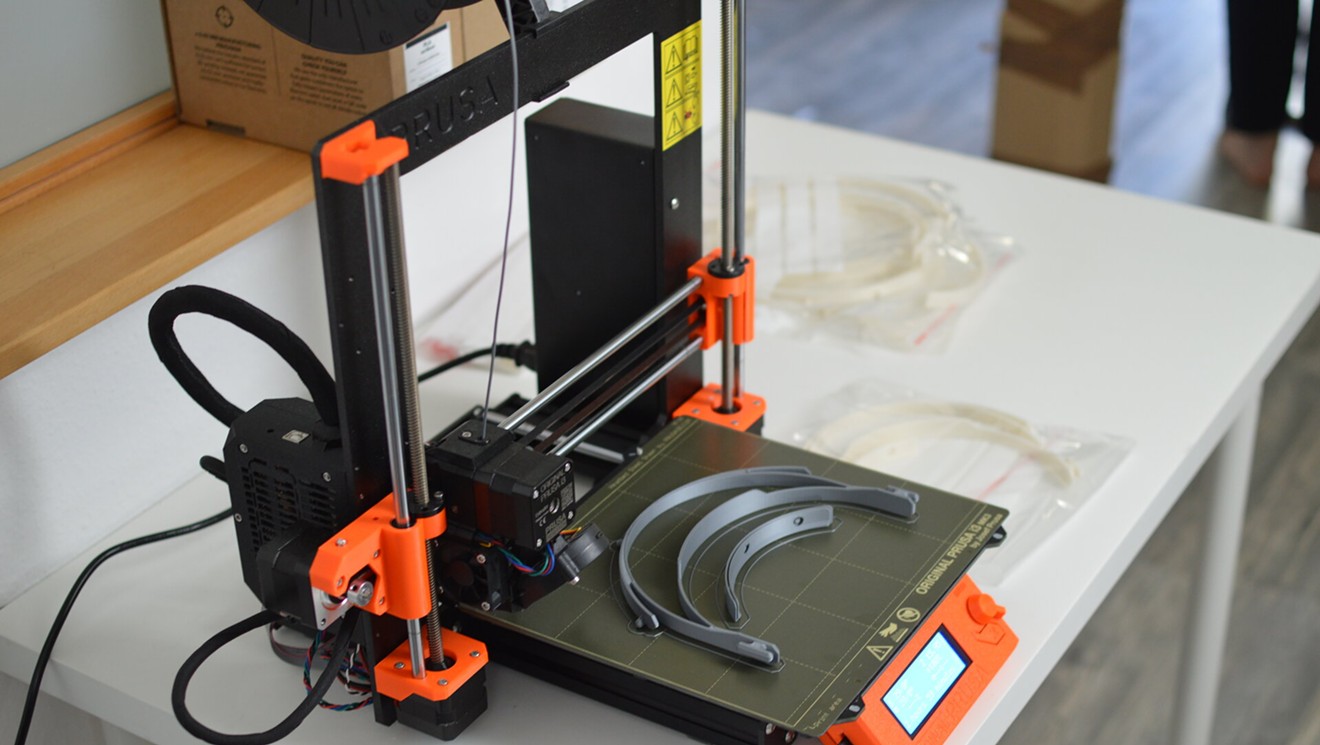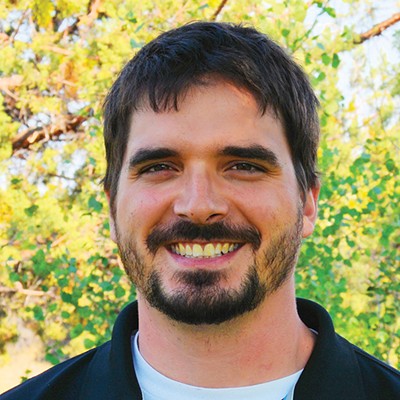Ciara Thomson-Barnett - Certified Nurse Midwife, Women's Health Nurse Practitioner East Cascades Women's Group
Q I am an avid weight trainer and love to work out. Now that I'm pregnant, can you give me some guidelines
surrounding what is suitable and safe?
A One of my favorite things is busting myths about pregnancy. Exercise during most pregnancies is not only safe, but also very beneficial! Studies show exercise reduces risk of gestational diabetes, pre-term birth, high blood pressure, stress/anxiety and C-section. But, despite these known benefits, only about 15% of women achieve the weekly recommended amount of exercise.
A common question is, "How much can I lift?" You might be surprised to find out that there is no weight limit. Strength training is healthy and incredibly empowering to many pregnant women. You may need to make modifications to lifting techniques, however, due to changing body dynamics in the 2nd and 3rd trimesters.
Remember to stay hydrated and avoid long periods of time in the heat. If you begin experiencing contractions or cramping during exercise, it is important to listen to your body. Most resolve with rest and increasing water intake. There are few medical conditions that preclude exercise outside or during pregnancy. Talk with your provider about what is right for you.
QI am 36 years old and unfortunately, have high blood
pressure. My partner and I plan to try conceiving in the next few months. Is there anything I should know before planning a pregnancy?
A In my opinion, preconception visits with a nurse-midwife or doctor are underrated. In fact, the World Health Organization recently stated, "...preconception care can increase the health and well-being of women and couples and improve subsequent pregnancy and child health outcomes."
During a preconception visit we review health history, lab work, medications, immunizations and family planning goals.
For individuals who have high blood pressure prior to pregnancy, they might be at increased risk of developing complications in pregnancy such as growth restriction and pre- eclampsia. We would want to ensure that any medications you are on are compatible with pregnancy and that we have a good game-plan to try to prevent some of these complications.
QI'm in my second trimester, and I'm super scared about the delivery. I don't know if I can handle the pain and am not sure my partner can help me with that. Are there any resources that can help?
A You are not alone! Different people make different choices around how to manage the sensations of labor and delivery. There is no one right choice. There is only the choice that is right for you. Nurse-midwives have specific training in helping people cope with labor during the hard parts.
Have you considered a doula? Doulas provide emotional and physical support during labor and they are evidence-based to increase people's satisfaction with their delivery, decrease the length of labor and decrease use of pain medication.
Also, consider the many benefits of yoga and mindfulness: recognizing, without judgement, how our brains respond to discomfort and how we may shift these responses to decrease suffering. Contemplative practices come in handy not just for labor contractions but also for coping with things like sleep deprivation, crying babies, and the terrible twos!
QEver since I got pregnant, I am super worried about
toxins in our environment. Will you give me some advice on how to avoid chemicals that could harm my baby?
A Limiting toxins in pregnancy is a great priority. There are innumerable ways to do this beyond the obvious, "don't smoke, drink, do drugs." Mounting research shows that chemicals like BPA and phthalates can actually act as endocrine disruptors and mess with our hormones! Keep it simple and go lower on chemicals with everything from the foods you eat, to your personal care products, to the products that clean your home. Eating a diet closer to nature that is low in processed and canned foods isn't just healthier, it also reduces exposure to questionable chemicals in the packaging, too.
Email us your questions:[email protected]





















